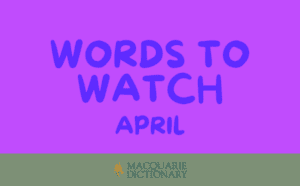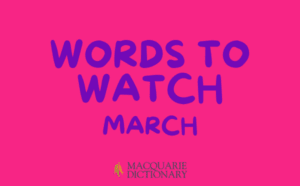Recently, we sent the call out for ‘weird and woolly’ questions from readers – wordy things you’ve been wondering about. And we have received some interesting ones, with topics ranging from the mind-boggling inconsistency of English spelling and pronunciation to the placement of apostrophes.
But one simple question started me thinking about the effect of popular culture on language. It was about the origin of the word lurgi (or lurgy, or lurgie…), as in ‘the dreaded lurgi’ – an unspecified illness, often a cold or case of the flu.
It first came to prominence in The Goon Show, a 1950s radio comedy broadcast by the BBC. It is likely that Spike Milligan, as the chief writer of the show, renowned for his comically absurd turn of mind and phrase, was the word’s inventor. Who knows what he was thinking when he came up with it? The sound of the word? Or perhaps he had in the back of his mind the dialectal term lurgy-fever, meaning ‘idleness’ or ‘laziness’? Whatever it was, the dreaded lurgi was suffered by aficionados of the Goons and then by the wider population.
There are other expressions from films, TV shows, the internet, etc., which have been taken up by fans and which have then sometimes leached into the wider community. It’s fun to allude to something that another like-minded person will pick up on.
A quick look at the Macquarie Dictionary shows that a number of words and expressions have made their way into general use from their origins in popular culture of some form or another. Often the word comes straight from the dialogue of the show, and sometimes it is a reference to some aspect of the program, a character, or even a play on the title.
Next time you look up a word, make sure to check the etymology as well – some may surprise you, like nudge-nudge, wink-wink and ocker, some you may never have heard of, like Fred Nerk, and beresk, and some will be old favourites, like sixty-four dollar question, cone of silence, usual suspects, d’oh, om nom nom, groundhog day, mini-me, blade runner and the (in)famous not happy, Jan!
 |
 |
 |
 |
 |
 |
Then there are those expressions which are not in the Macquarie Dictionary – they are catchphrases, without extended meaning. But they are just as well loved and serve to signal membership of that club that knows back-to-front the scripts of Seinfeld, Twin Peaks, the complete works of Monty Python – any number of classics of popular culture. Here are just a few. Can you pick the origin?

And, finally, a shared ‘expression’ from popular culture which sends chills down our spines without a word being uttered – those first couple of bars from the soundtrack of Jaws.





